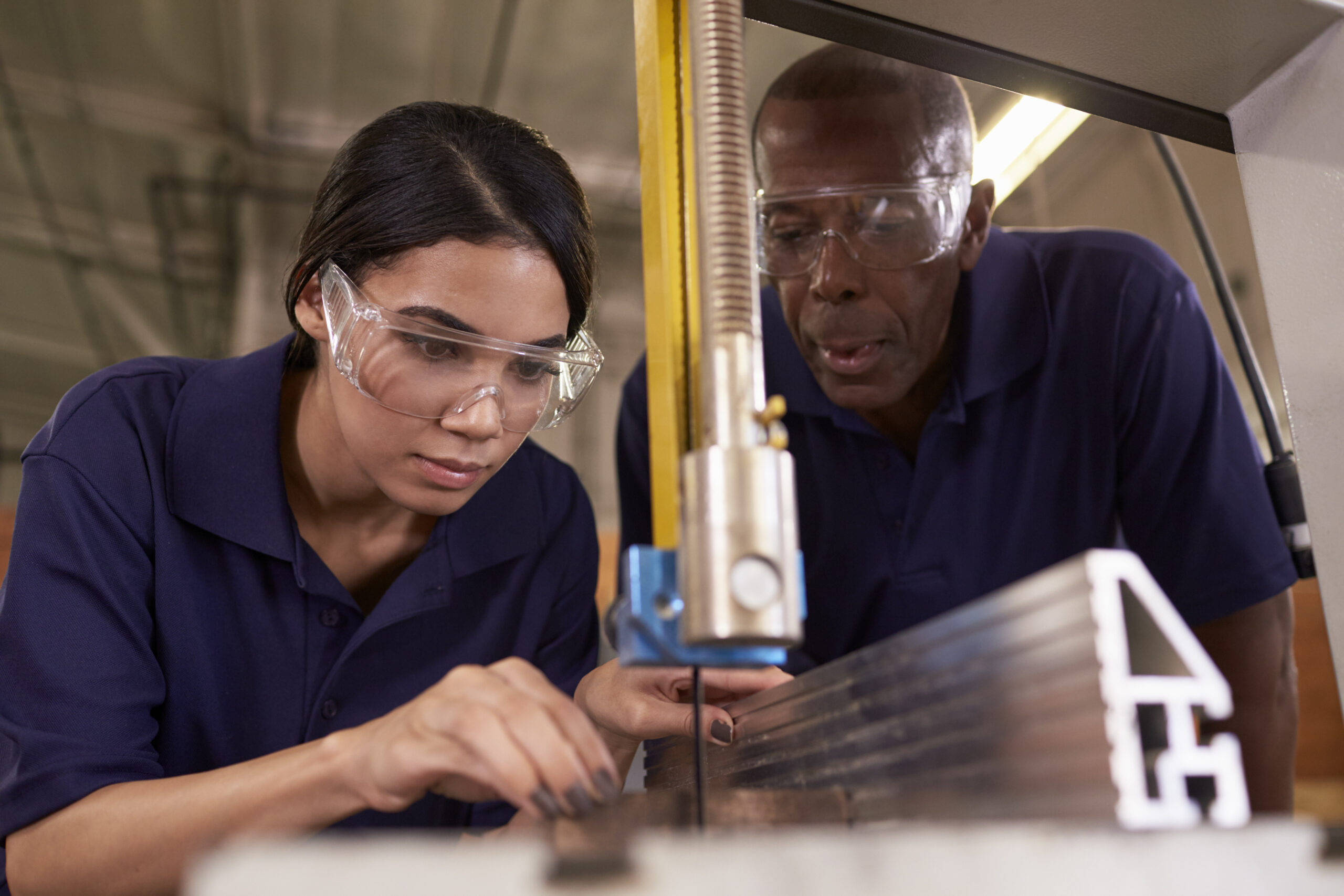Publications
State by State, Mothers Are Paid Much Less Than Fathers
Mothers earned less than fathers prior to the COVID-19 pandemic, during the pandemic, and as the economy began to recover from the pandemic. In 2021, the most recently available annual earnings data, the median annual earnings for mothers amounted to just 61.7 cents on [...]
Black Women Earn Less Than White Men in Every State, Won’t Reach Pay Equity Until 2144
The COVID-19 pandemic and related recession both highlighted and exacerbated the persistent racial and gendered economic inequalities that Black women face in the labor market. Whether they worked full-time, part-time, year-round, or part-year, Black women were paid substantially less than White men. This brief [...]
Women and Infrastructure Jobs: Policy Options for Congress
The Infrastructure Investment and Jobs Act (IIJA), Inflation Reduction Act (IRA), and CHIPS and Science Act authorized the investment of billions of dollars into strengthening the American economy. In the next decade, these investments are projected to create several million new jobs. Careers in [...]
Numbers Matter: Women Working in Construction
Construction careers are attracting an increasing number of women. Yet, even with this growth, tradeswomen are only 4.2 percent of those who work with the tools in construction. In three of the five largest trades, their share of jobs is even smaller, just 3.5 [...]
Black Women Have Made Major Gains in Higher Education, But Black Single Mothers Still Struggle To Attain Degrees
This fact sheet aims to provide college leaders, student parent advocates, and policymakers with data to better understand the landscape for Black single mother students on a national level and prompt considerations for racial and gender equity and investments in institutional resources and supportive [...]
For the Class of 2023 in the NE, State Abortions Laws Are a Key Factor in College Decisions, ACCORDING TO NEW IWPR POLL
State laws banning abortion are becoming a factor for students in the northeast considering attending college out of state. A recent poll commissioned by IWPR and conducted by Morning Consult found that seventy-six (76) percent of students polled do not want to attend school [...]












